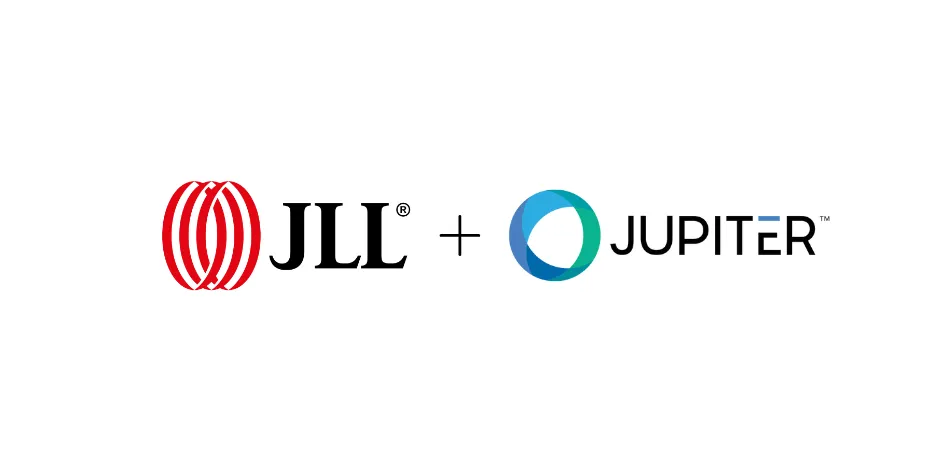Translate physical risk into capital advantage.
Built on peer-reviewed science and designed for outcomes, Jupiter Intelligence quantifies exposure and models adaptation ROI — so you can move first, fund resilience, and defend every decision.
Request a demo




















.png)










.png)



Climate risk is capital risk.
Physical and extreme weather risk is already moving markets — repricing assets, reshaping insurance, and reallocating capital. Yet, most physical risk data on the market is disclosure-first and decision-light.
Opaque outputs don’t clear MRM. Data you can’t explain is data you can’t approve.
Metrics without cashflow impact don’t move boardrooms or budget spend.
No proof of ROI, no execution. Without a bridge from risk to decision, action stalls.
Jupiter: The decision-grade difference
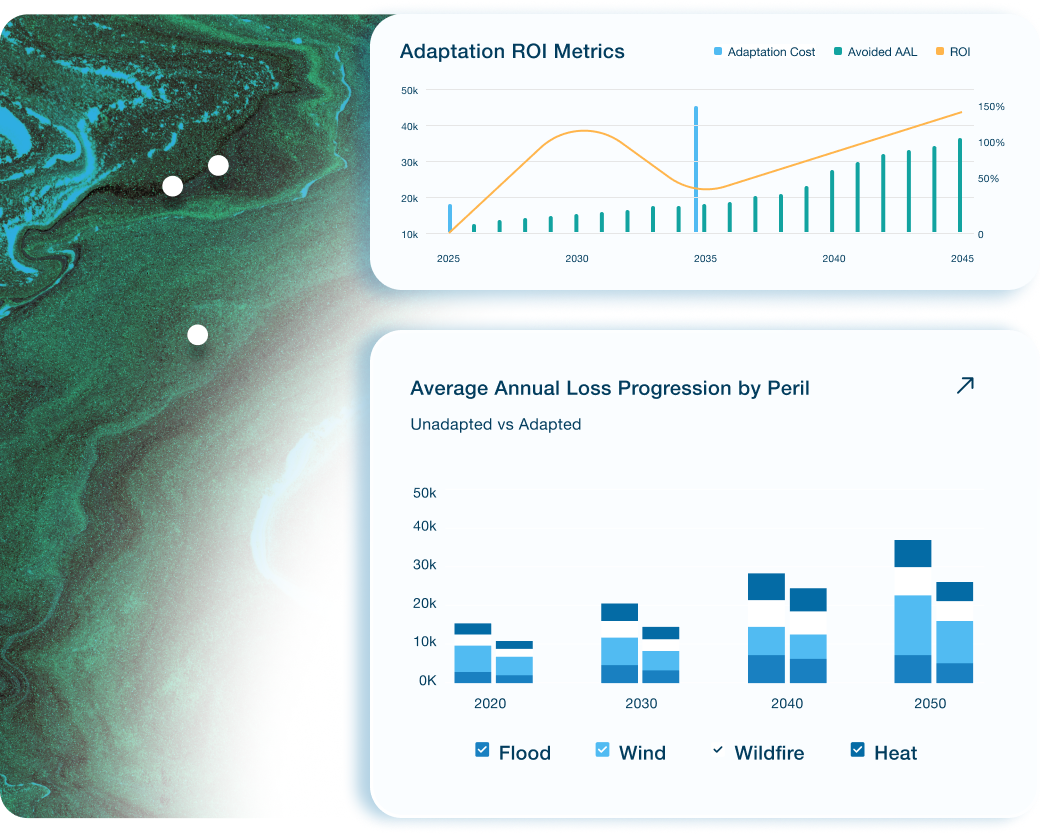
Data you can explain, decisions you can defend.
Jupiter was built to turn physical risk into defensible capital strategy. Transparent, finance-aligned analytics replace black-box scores — so risk, finance, and investment teams can act early and justify every move.
ClimateScore Global
Quantify your exposure. Model your ROI. Fund your resilience.
Serious institutions need serious tools. ClimateScore Global empowers you to align your physical risk to your core performance drivers quickly, flexibly, and intuitively. Act on data you know is accurate — and turn exposure into measurable results, from avoided losses to ROI.

Asset-level, multi-peril projections with scenario steps and long-term horizons
Financial translation to credit, loss, and cashflow metrics your teams use
Transparent, auditable methods that clear MRM and support regulatory reviews
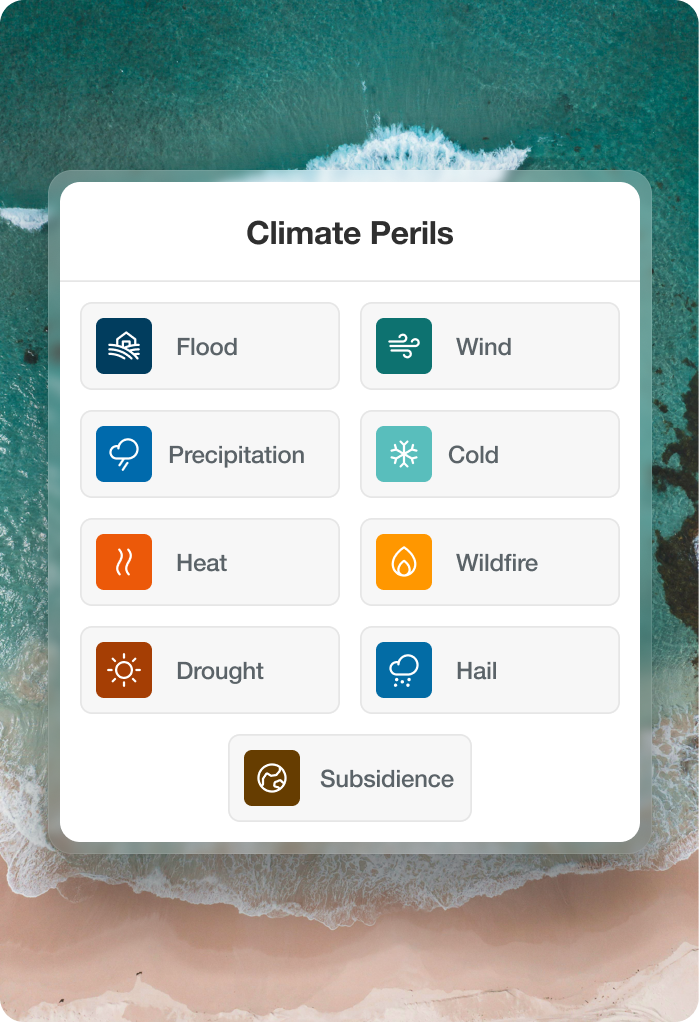
Latest, vetted, & de-biased global climate models
Portfolio & asset level risk assessment & management
Portfolio-level (90m) analysis
Stress testing – credit, portfolio & operational risk
22k+ data values per location
Damage & loss modeling
Scenarios in 5-year increments
Adaptation planning & ROI
Now to 2100 (50+ year horizon)
Entity modeling
Economic impact data
Regulatory disclosure & compliance
Powered by
ClimateScore Global:
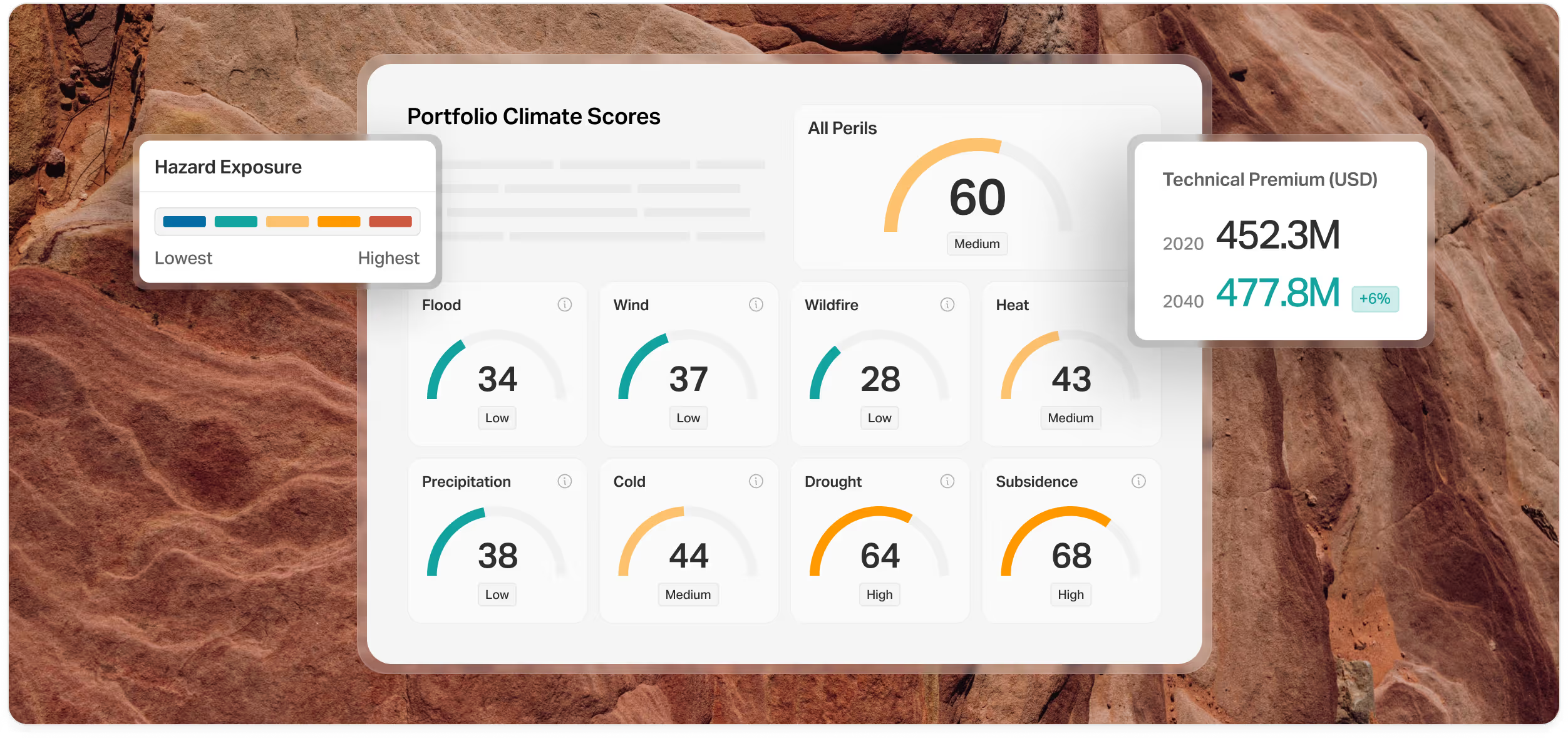
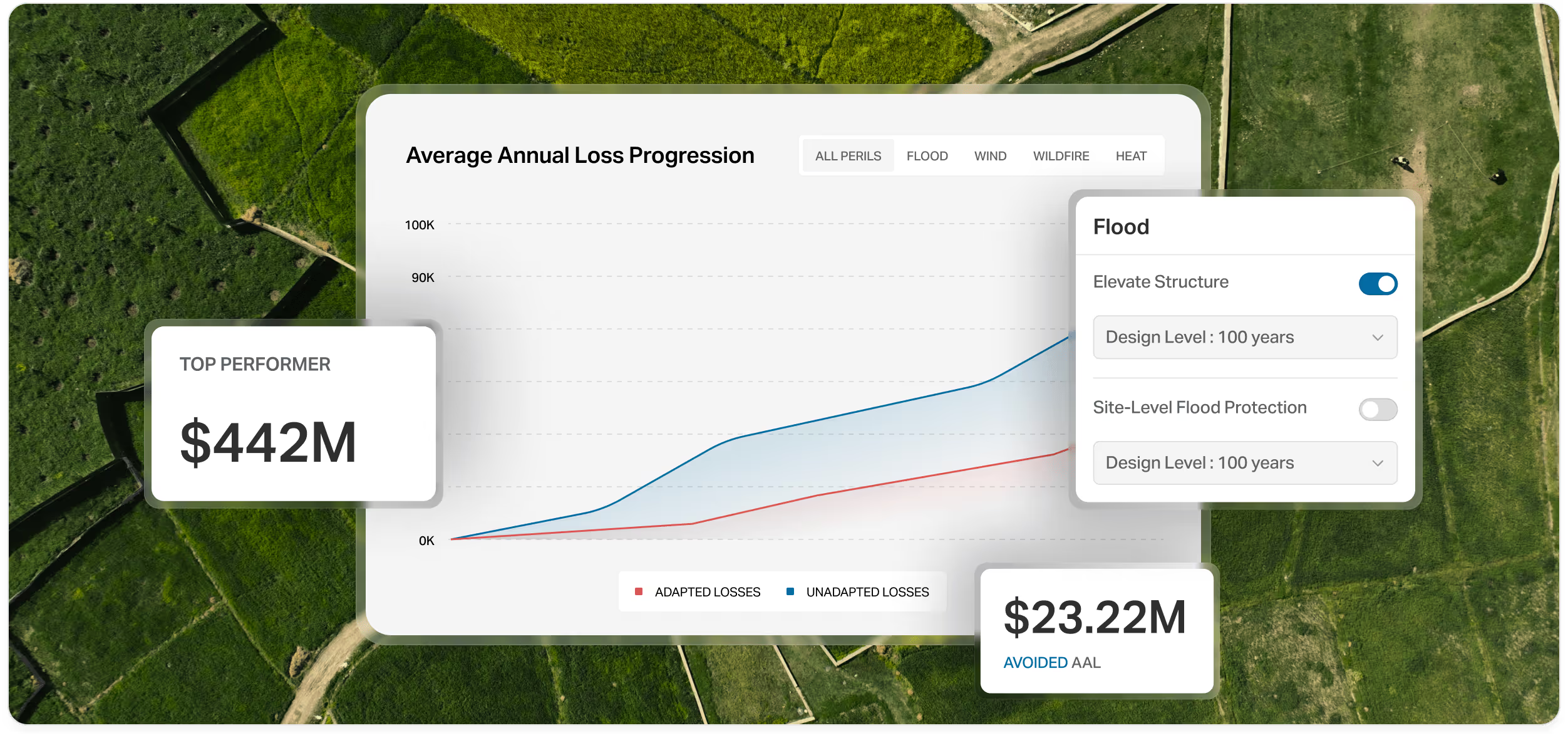
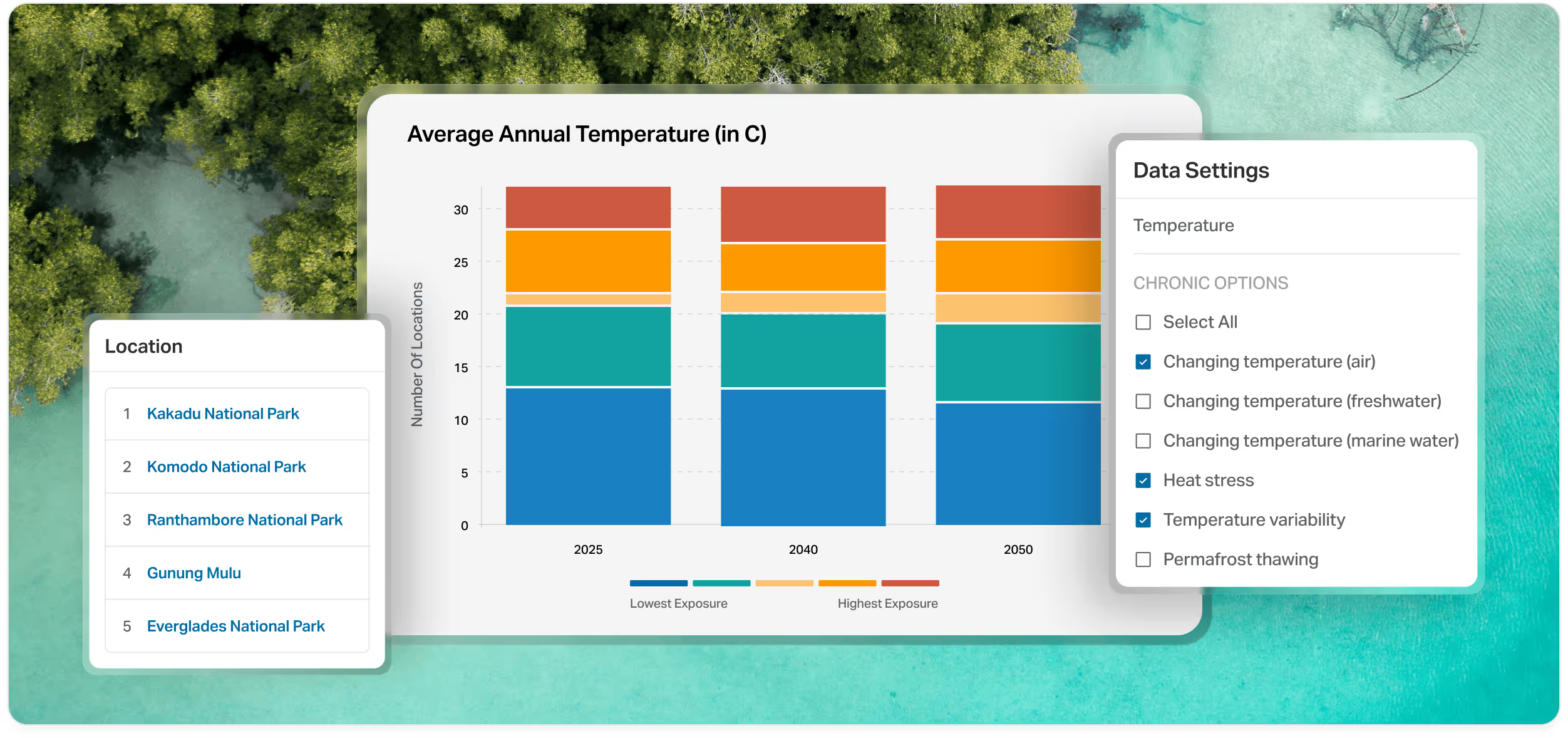
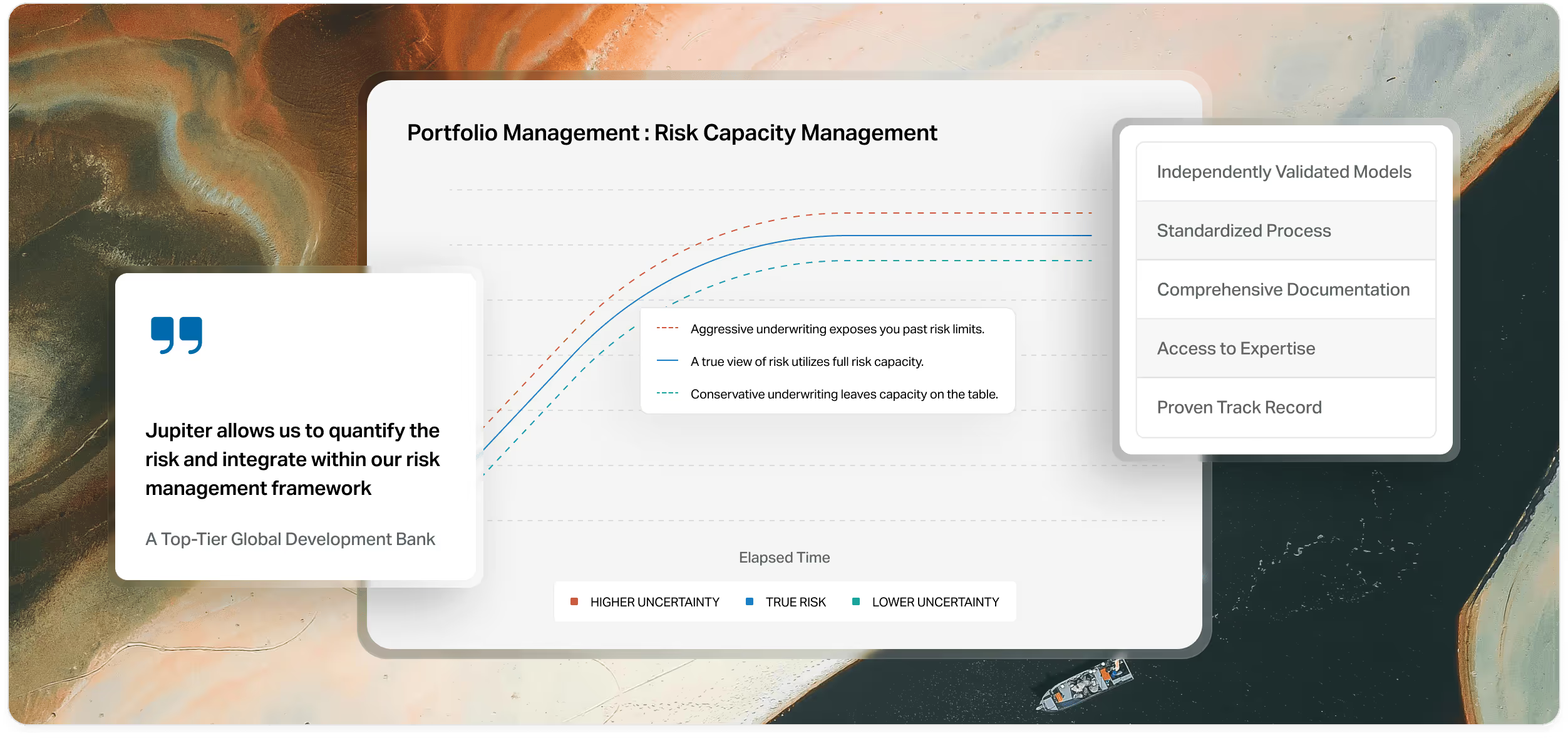
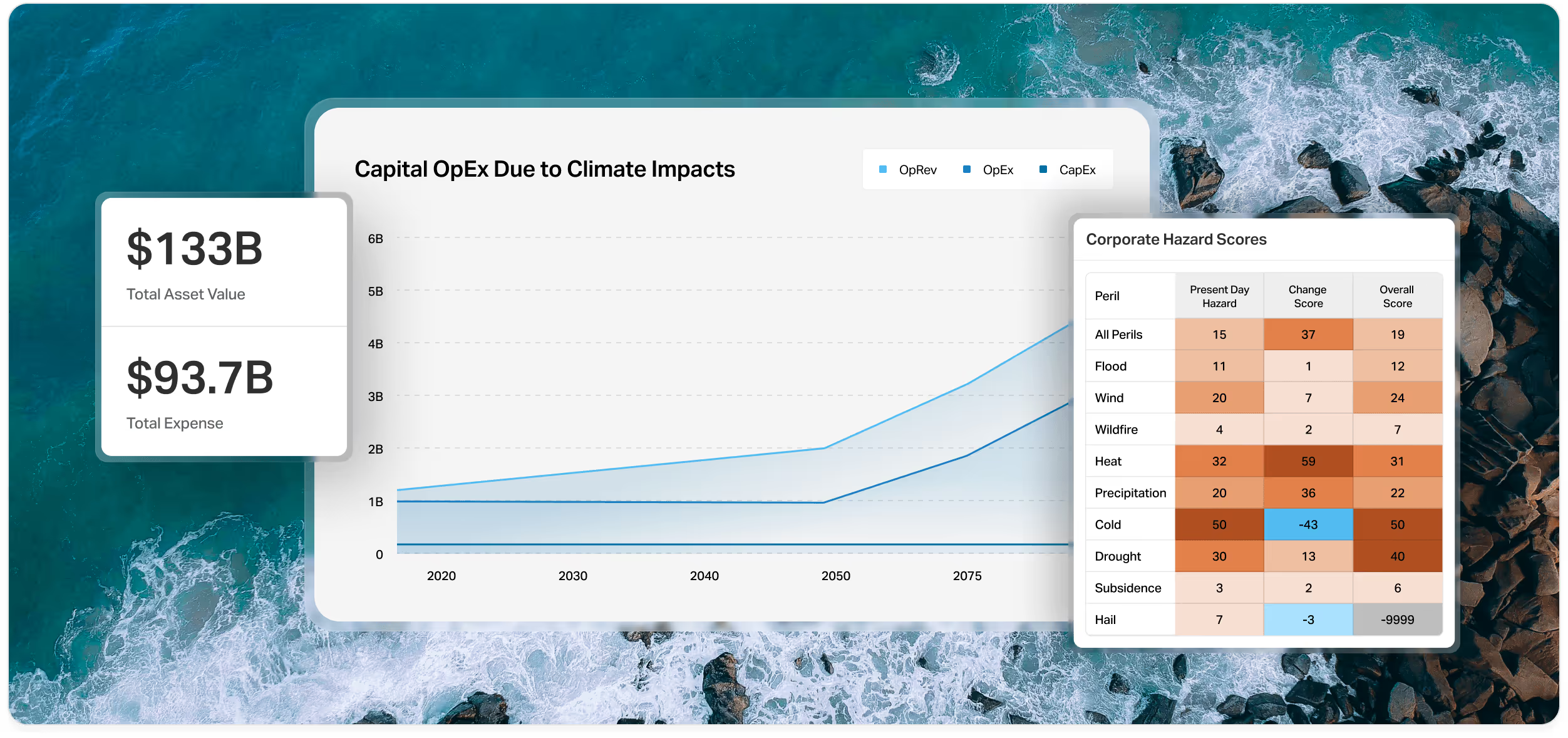
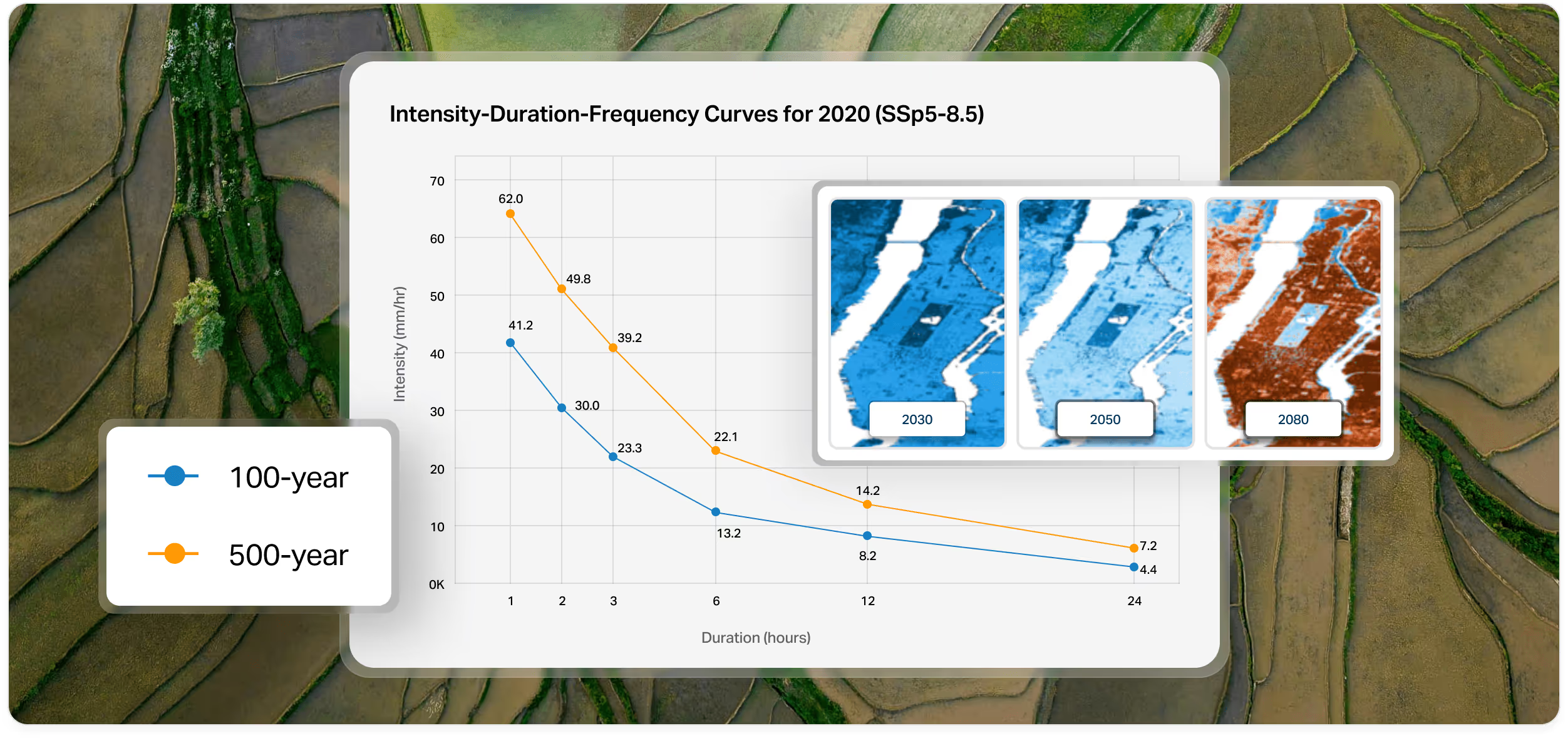

"We’re looking to Jupiter and ClimateScore Global to help us model probable impacts of perils from extreme weather at hyperlocal resolution, based on different emissions scenarios."

"By adding Jupiter’s climate risk analytics into our integrated grid planning process, we are significantly advancing our ability to make better decisions about the need, location, and timing of investment to cost effectively provide the level of electric system resilience our customers expect."

"Jupiter allows us to identify, mitigate, and manage our clients’ climate-related risks with new products and services."
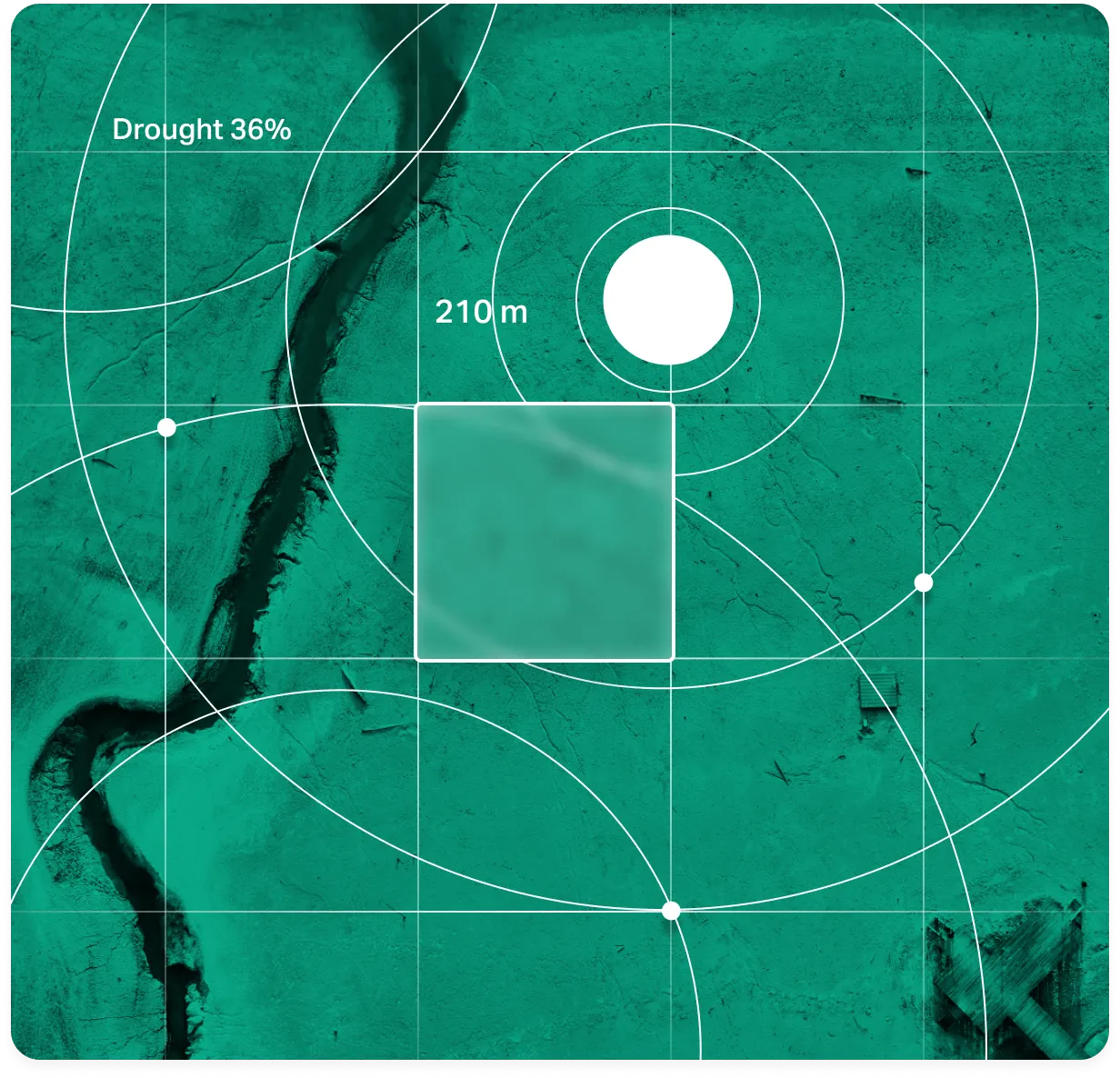
Built for financial decisions.
Integrate physical and extreme weather risk into the same workflows and models that drive capital allocation, underwriting, and portfolio strategy.
Designed for outcomes.
Act on physical and extreme weather risk exposure with clarity and speed — from portfolio prioritization to modeling adaptation ROI.
So you can act with confidence.
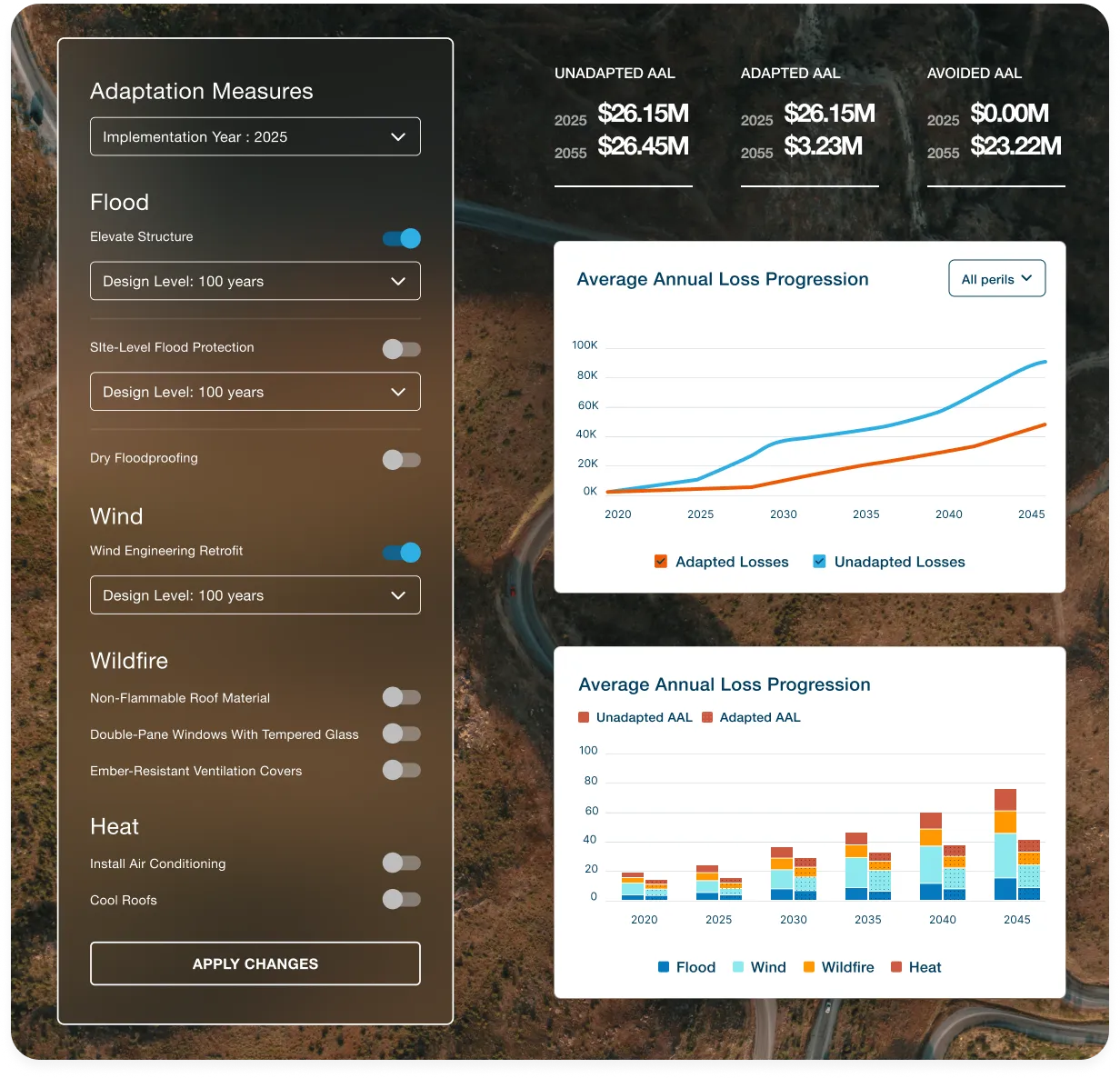
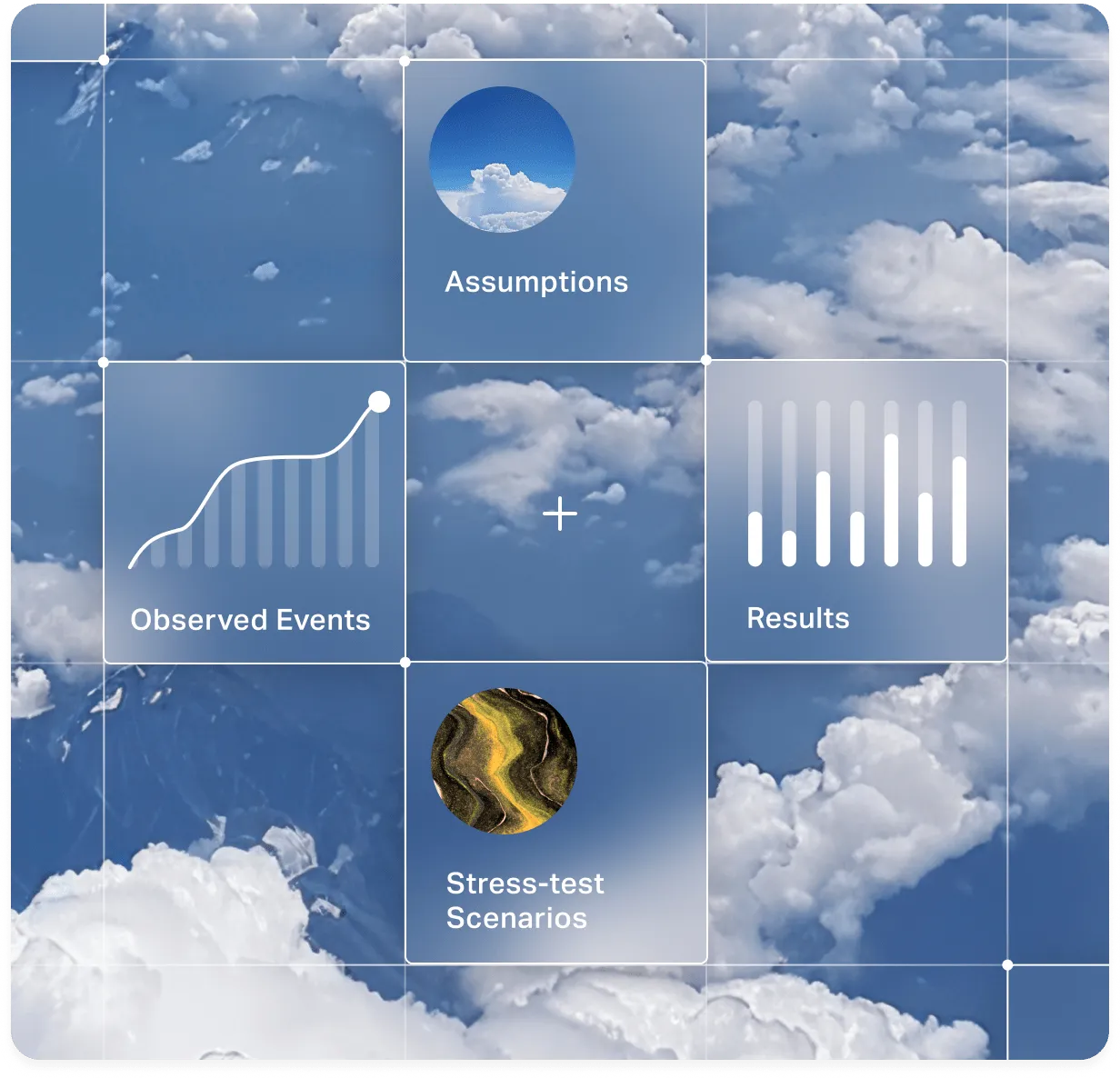
Backed by trusted science.
This is science you can bank on: peer-reviewed, scenario-ready, and deeply transparent. We give you everything but the IP.
The resilience journey



Fund resilience and win market advantage.
Don’t get left translating science you can’t see into business terms you can’t trust.




Latest from Jupiter
Decision-grade resources for risk, finance, and investment teams
.webp)




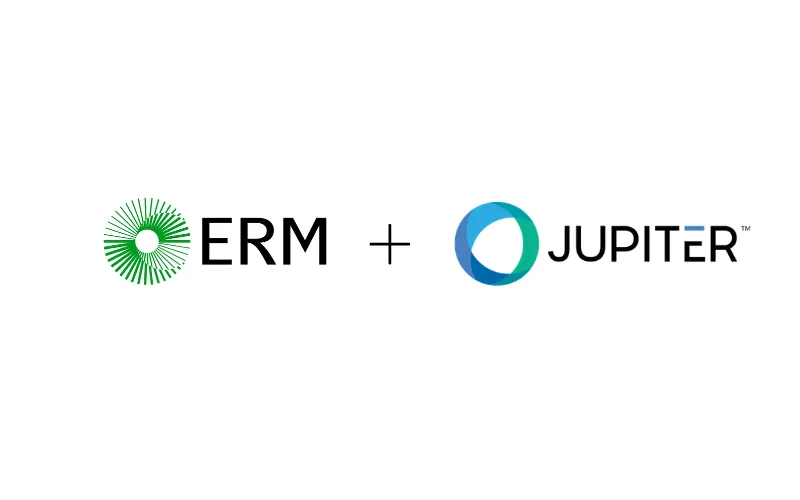



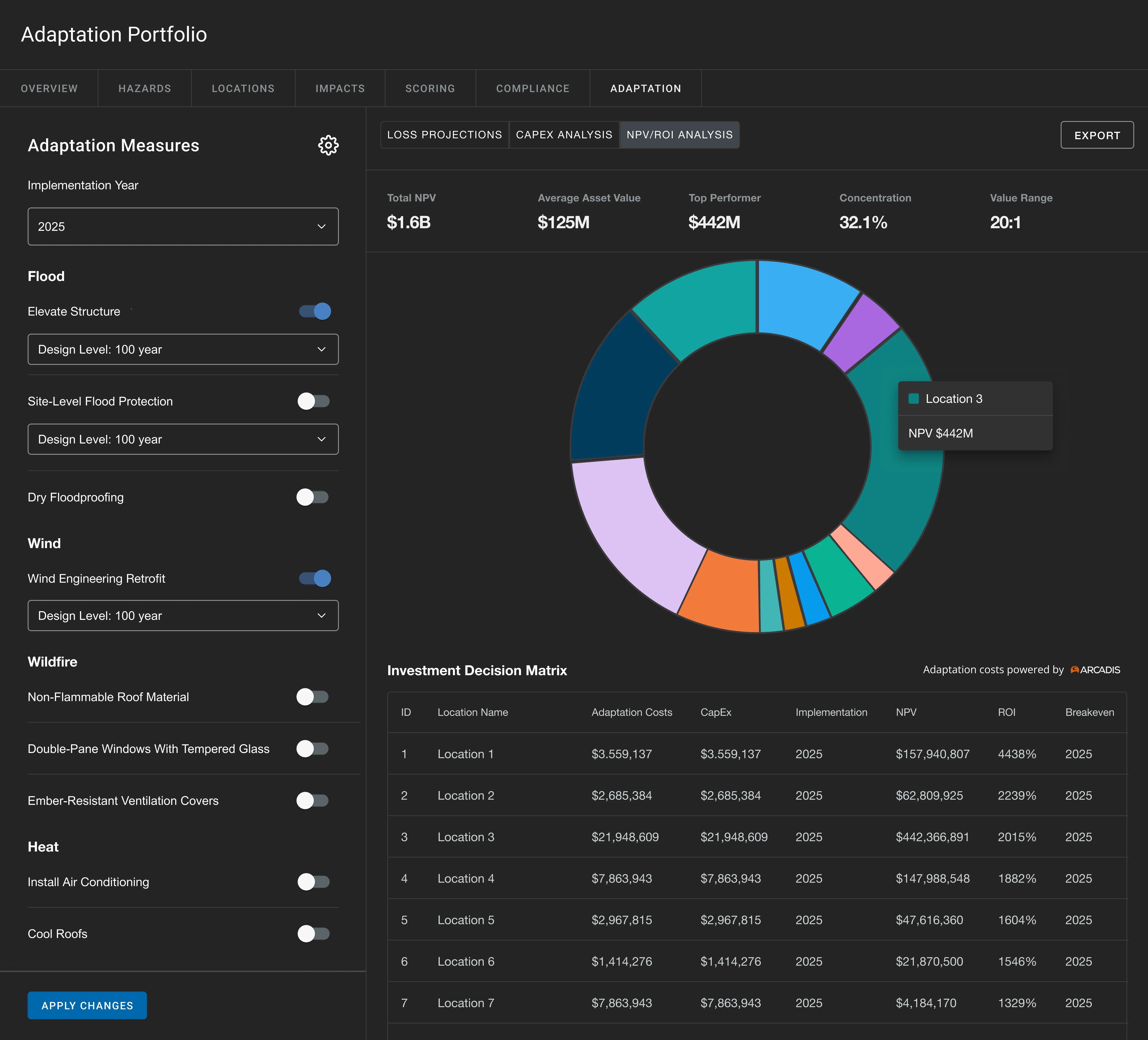
.webp)
